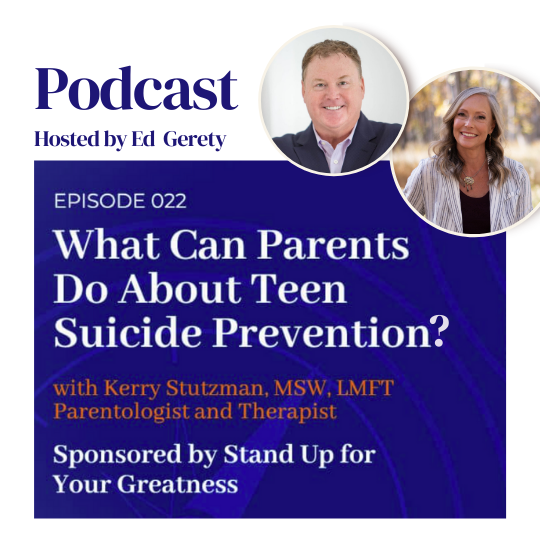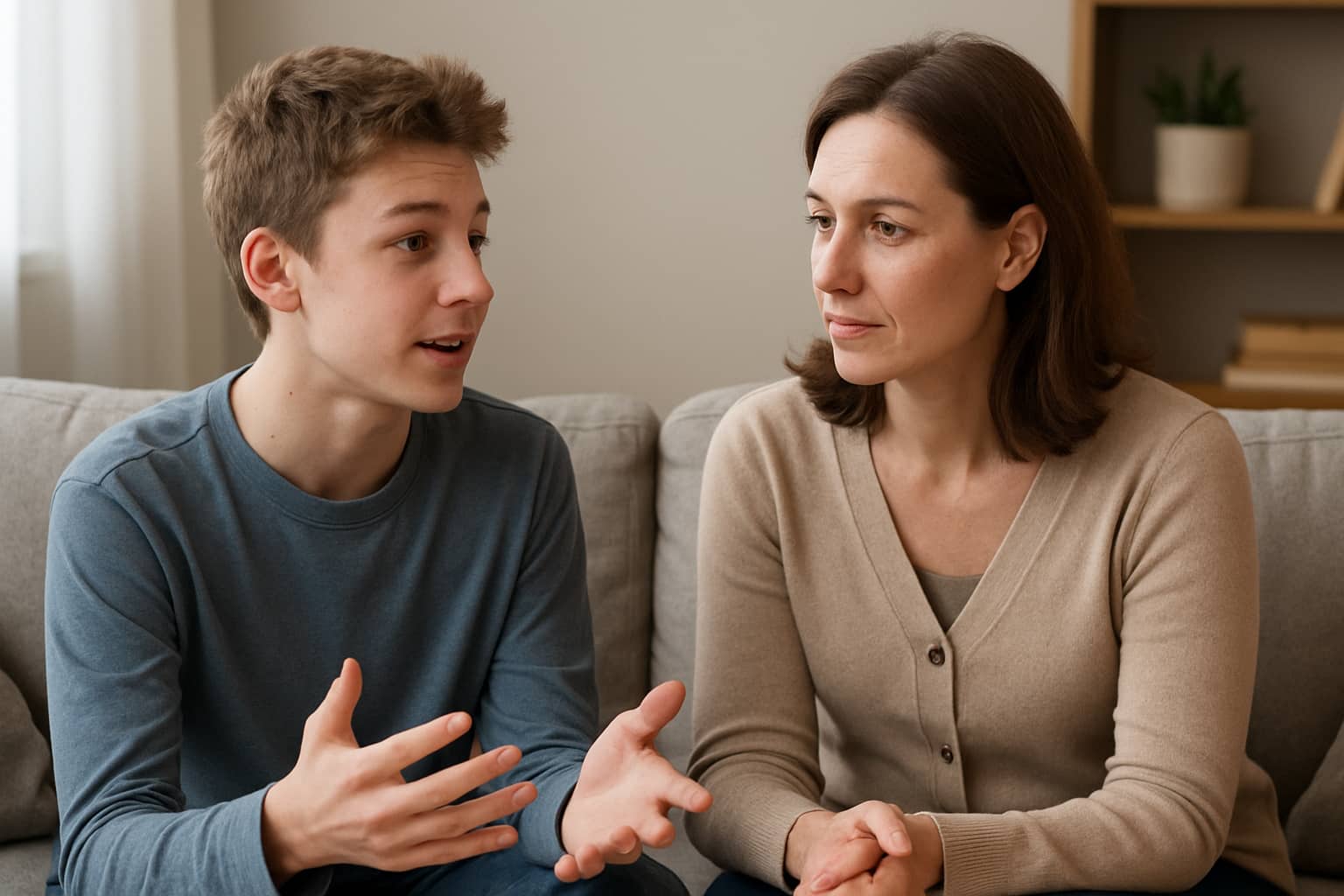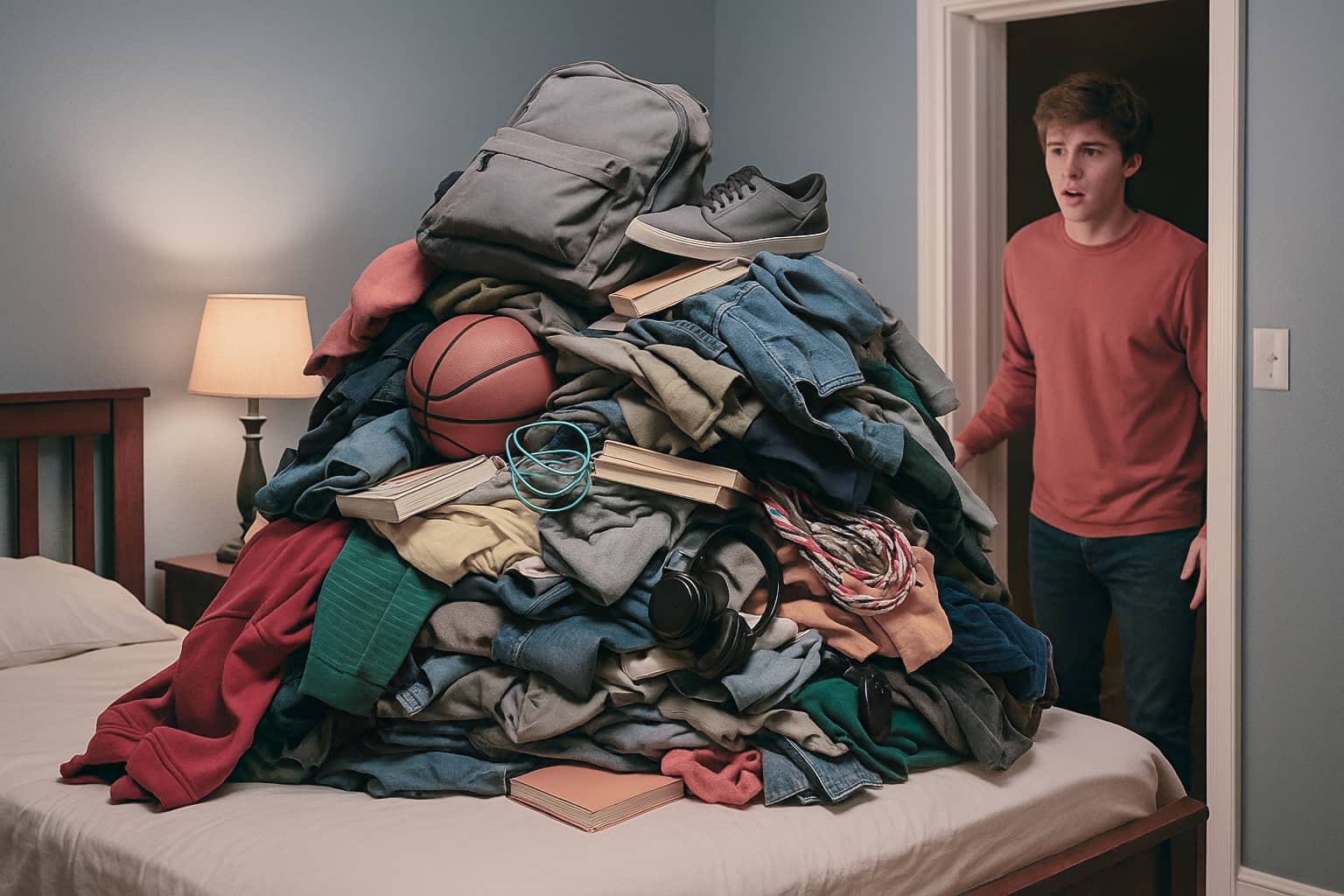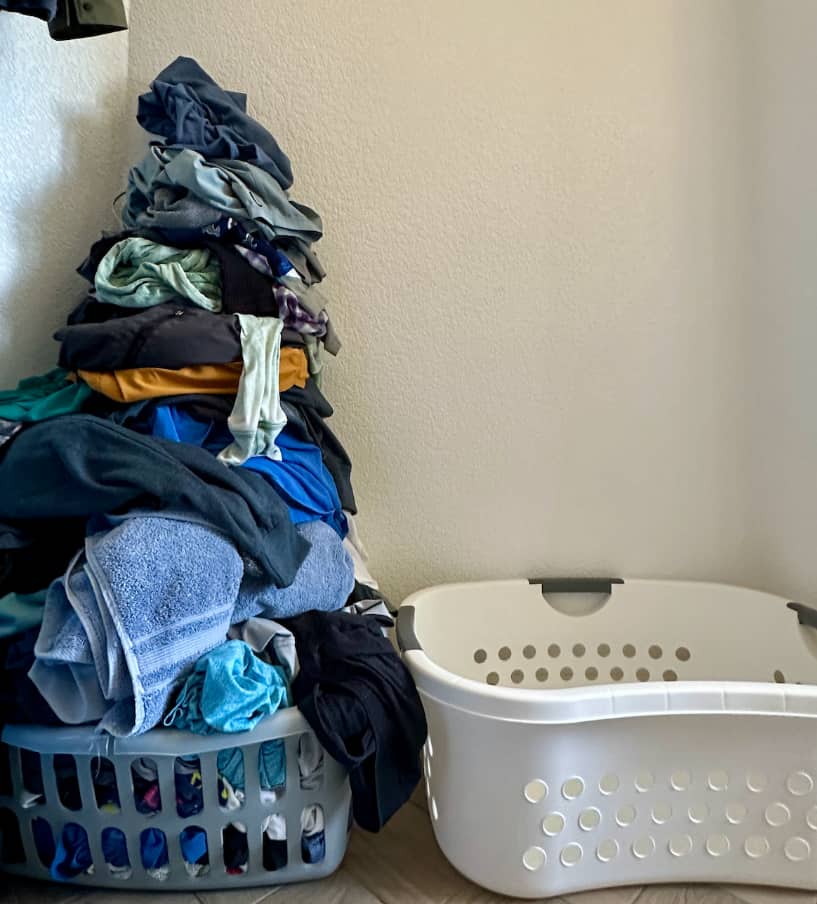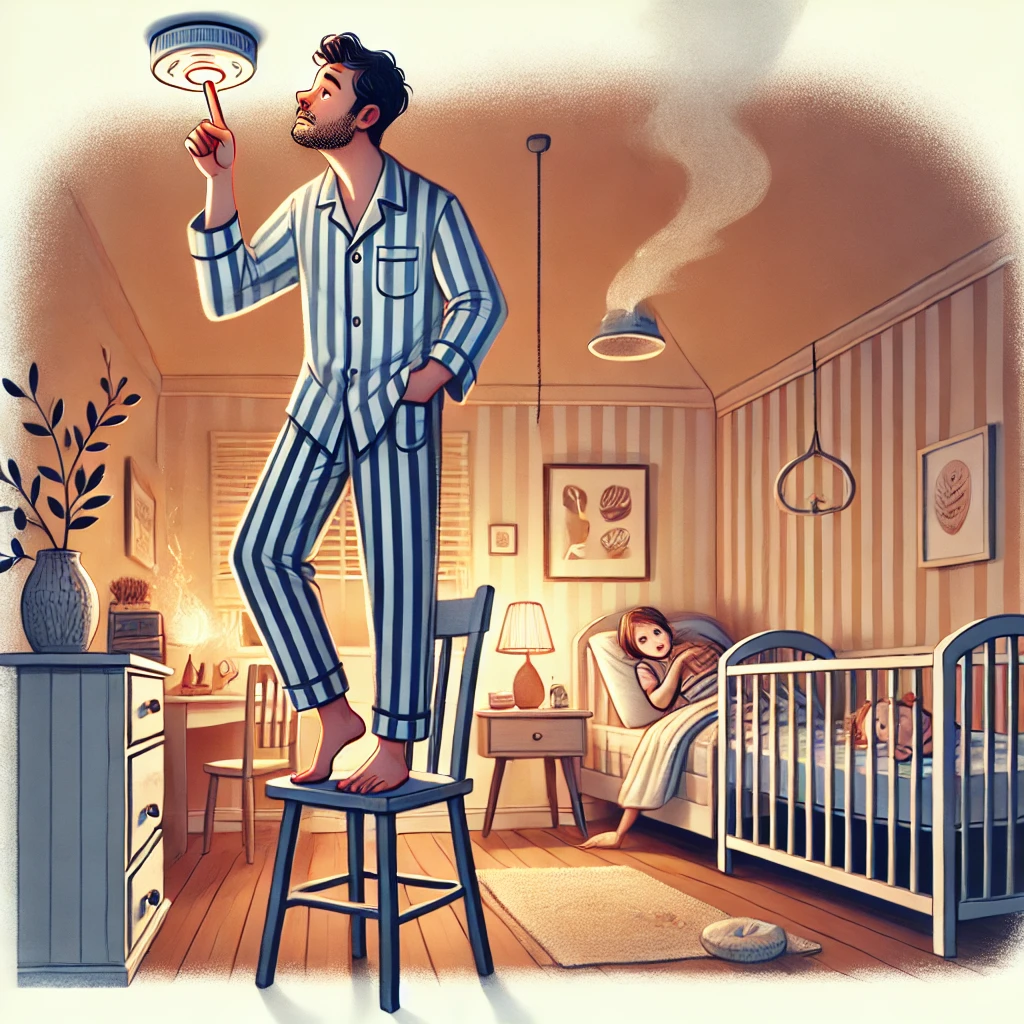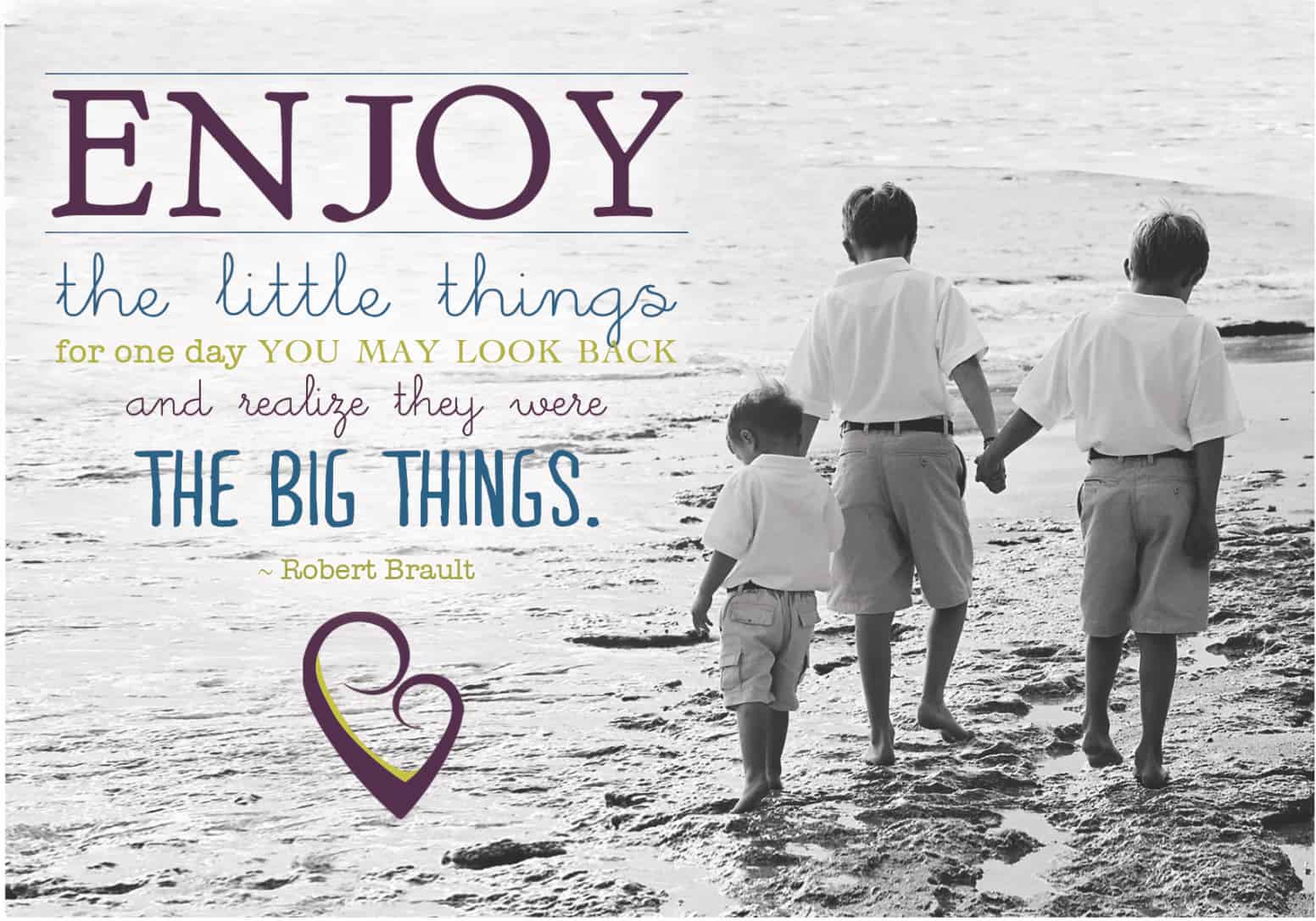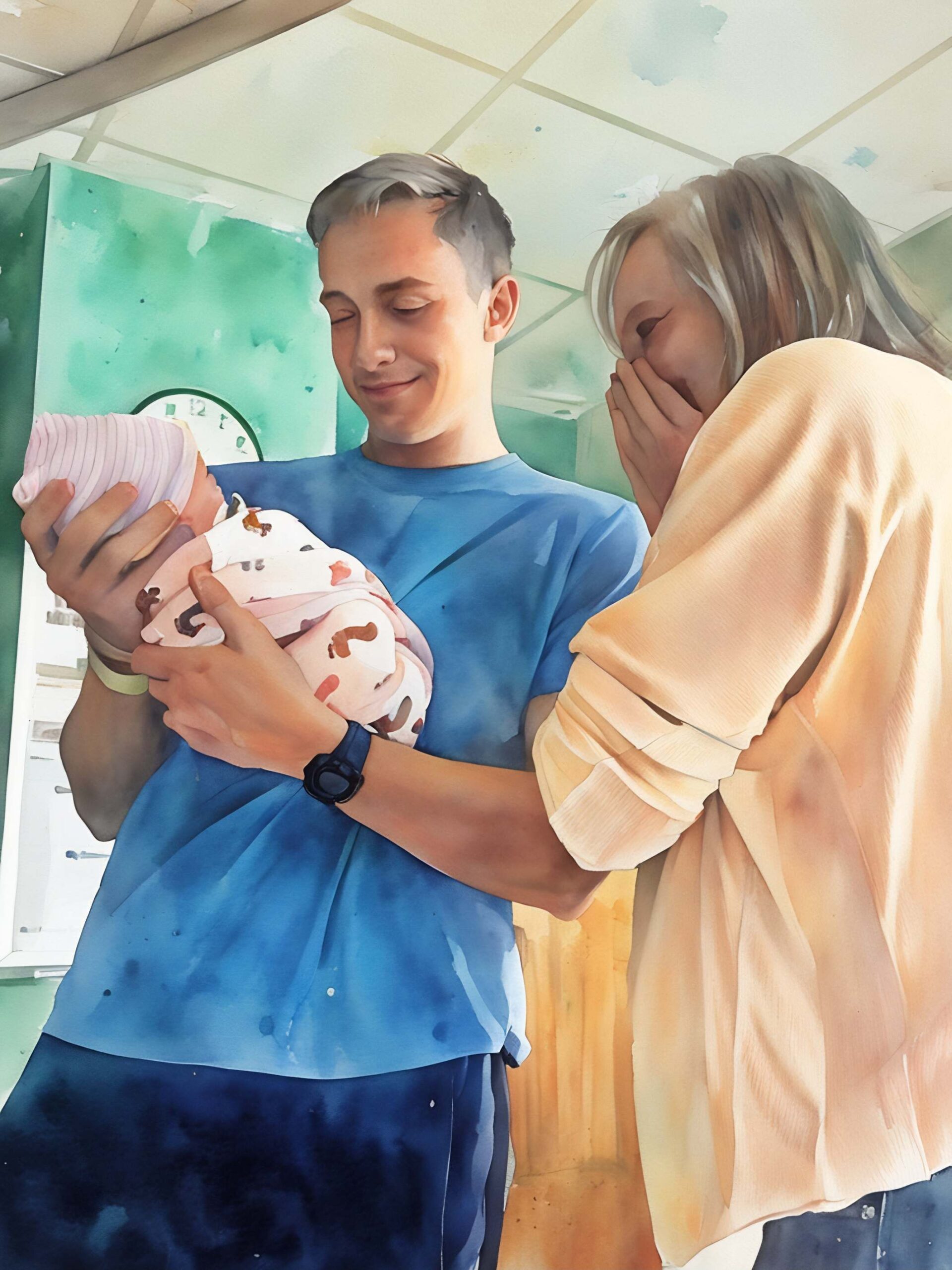We parents all want our kids, when they’re teens, to be able to come to us with their struggles, don’t we? And we want to feel close when they’re adults? If so, then much of parenting is about preparing kids for their adolescence. If they learn when they’re little that their “bad decisions” lead to anger, lectures and disconnection from us, it’s hard for them to come to us as teens when they are struggling. And teens’ bad decisions can be life-changing and life-ending. The stakes are high.
Q: How do we keep the door of communication open with our ‘tweens and teens?
A: We start when they are little.
Instead of seeing parental “correction” as a time to punish, scold or shame kids for what they’ve done wrong, we look at their mistakes as opportunities for them to learn. It’s important to honor the fact that children are young and have so much about the world to figure out. We can guide them to fix their mistakes.
I think the most helpful stance is to be empathetic PLUS let them feel the impact of their actions. This means they learn to repair, make amends, and clean up messes they’ve created. The consequences of their bad decisions might be time-consuming, inconvenient, and involve effort. Childhood is when kids need to learn that decisions have consequences; some feel good (like practicing a lot and playing well) and some are hard work (like being cruel and needing to make amends).
Allowing young people the gift of discomfort helps them know they can get through tough times. And we parents need to know our kids have the grit to solve their own problems so that we can avoid over-parenting, which is disabling. Yes, it’s hard to watch our 5 year old be sad that the toys he didn’t put way went to “toy jail” and need to be earned back. But if we don’t let him feel discomfort from his mistake, he can end up unprepared for navigating the complicated social, academic and life challenges of the teen years.
It’s sort of like riding a bike: when our children are infants, we strap them into their baby bike seat and we have all the control. Feels great! But it’s unsustainable to carry them in a bike seat their whole lives. We have a duty to teach them to ride… first on a strider, then with us holding the seat and running along, then they’re on their own. They wobble. It’s hard to watch. Letting go is scary for us because they can fall and get hurt. But we cannot teach them to ride a bike without first letting go of the back of their seat.
When my three sons head out… whether on a weekend night with high school buddies or heading off to college, I say to them, “Please take good care of my boy.” I’ve had to take my hand off the back seat and now these young men are in charge of their own safety and well-being. I’m still here for them, and they will always be my beloved little boys — but now they are in charge of where they ride. It’s nail-biting to let go and I hope I’ve let them wobble and struggle enough to be prepared for the real world.
Ed Gerety and I recently discussed how parents can keep their kids talking to them through the teen years. He has an awesome podcast called “Navigating the Teen Years” for parents and invited me to be a guest. Whether your kids are still in the baby bike seat, on a tag-along, or you’ve taken your hand off the seat, the advice I share in this 19 minute podcast is for you.
Click the image below to listen to Navigating the Teen Years.
